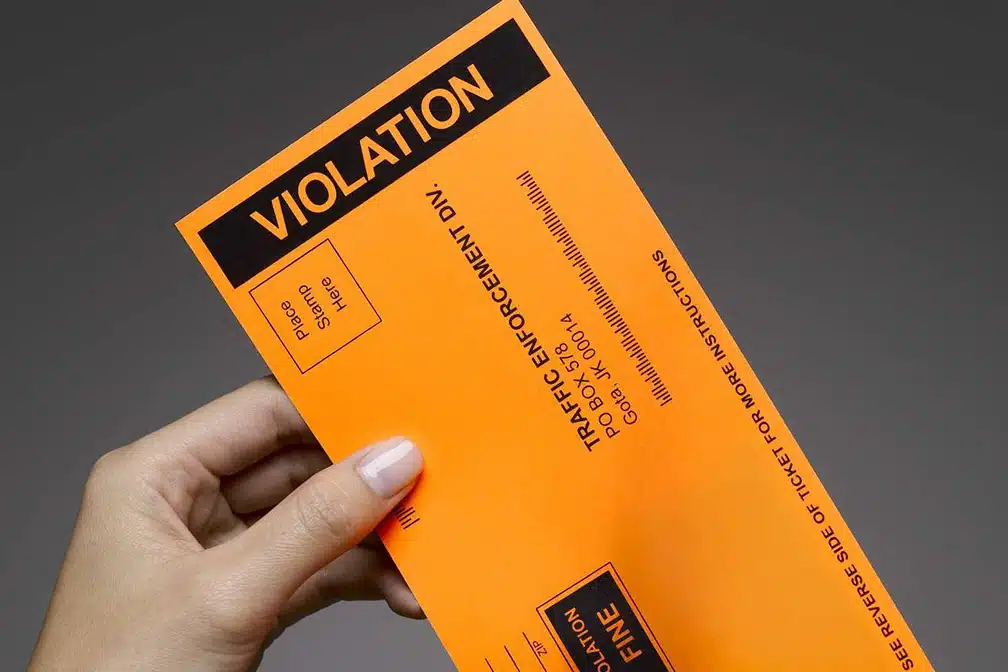Taylor Swift gifted each trucker working on her tour a staggering $100,000 bonus, recognizing their dedicated efforts in hauling her equipment all around the country. This exclusive
More
May 19, 2024 6:12 pm

In a significant move towards enhancing road safety, the California Legislature has endorsed the use of ticket cameras for automated speed enforcement. This technology, supported by the U.S. Department of Transportation, is seen as a vital tool in reducing traffic fatalities. With a resounding 62-9 vote, the California Assembly approved Senate amendments to Assembly Bill 645 (AB645), bringing it one step closer to becoming law. Sponsored by Assemblymember Laura Friedman, AB645 aims to expand the state’s authority to utilize automated ticket cameras in the pursuit of speed violators. This article explores the implications of this proposed legislation, its potential impact on road safety, and the arguments for and against it.
The U.S. Department of Transportation has lauded automated speed enforcement as a crucial method to combat traffic fatalities. According to the agency, when deployed fairly and in areas with a high risk of speeding-related harm, automated speed enforcement can provide significant safety benefits and save lives. It is seen as a proactive approach to tackling the rampant issue of speeding on California’s roads.
AB645 seeks to establish a five-year pilot program for the use of speed enforcement cameras in designated “safety corridors.” These corridors are characterized by high crash rates, frequent street racing events, and school zones. Notably, the bill excludes freeways and expressways from camera deployment.
Cities and counties such as Glendale, Los Angeles, Long Beach, Oakland, San Jose, and San Francisco would be eligible to operate up to 125 cameras, with the number of cameras permitted determined by population size. The bill outlines a two-month warning period for violators before enforcing fines.
For first-time offenders exceeding the posted speed limit by 11 to 15 mph, a warning would be issued during the initial 60 days. Subsequent violations in this range would result in $50 fines. However, for those exceeding the posted speed limit by over 100 mph, fines could reach as high as $500. The generated ticket revenue would be allocated towards program administration and funding “traffic calming measures.”
Supporters of AB645 emphasize the potential for increased road safety through the use of enforcement cameras. According to Assemblymember Laura Friedman, speeding accounts for nearly one-third of all traffic fatalities. She asserts that the deaths resulting from speeding are preventable, and the bill is a crucial step toward saving lives by slowing down vehicles.
On the other side of the debate, opponents, such as the National Motorists Association, argue that enforcing speed limits does not justify the creation of a system that collects extensive data on Californians. They contend that alternatives like roundabouts, speed humps, traffic circles, and other traffic-calming measures can effectively reduce speed-related traffic accidents without resorting to increased surveillance and automated ticketing.
The endorsement of ticket cameras by the California Legislature signifies a substantial step toward improving road safety in the state. While proponents argue that automated speed enforcement can save lives by reducing speeding-related fatalities, opponents express concerns about privacy and government data collection. The fate of AB645 now rests with Governor Gavin Newsom, who will decide whether to sign the bill into law. Regardless of the outcome, the debate surrounding the use of ticket cameras in California underscores the ongoing effort to strike a balance between road safety and individual privacy.
Taylor Swift gifted each trucker working on her tour a staggering $100,000 bonus, recognizing their dedicated efforts in hauling her equipment all around the country. This exclusive
MoreIn an era of rapid advancements in the transportation industry, PGT Trucking, a leading provider of transportation and logistics solutions, has taken a remarkable leap forward by
MoreTruck drivers are the backbone of the American economy, transporting goods across the country day in and day out. However, one of the biggest challenges they face
MoreThe American Trucking Associations (ATA) has expressed strong opposition to the Department of Justice's proposed rule of marijuana reclassification.
MoreIn an effort to increase efficiency and sustainability in Trucking, Phillips Industries has launched their new, advanced, stick-on solar panels
MoreThe 2024 CVSA International Roadcheck is scheduled for May 14-16. Over 72 hours, inspectors across the US will conduct nearly
MoreAutomated License Plate Readers are a major advance in law enforcement technology but they raise significant privacy and oversight challenges.
MoreThe EPA's latest emission standards detailed in a final rule issued on March 29 are sparking vigorous debate within the
More